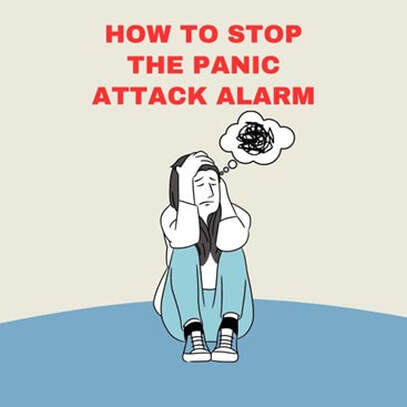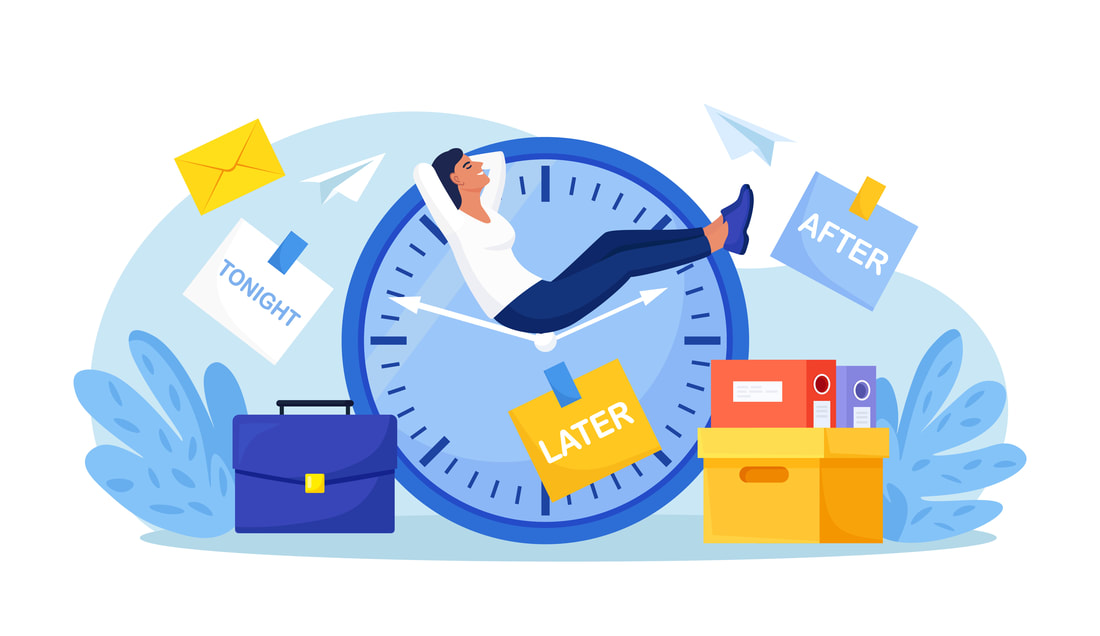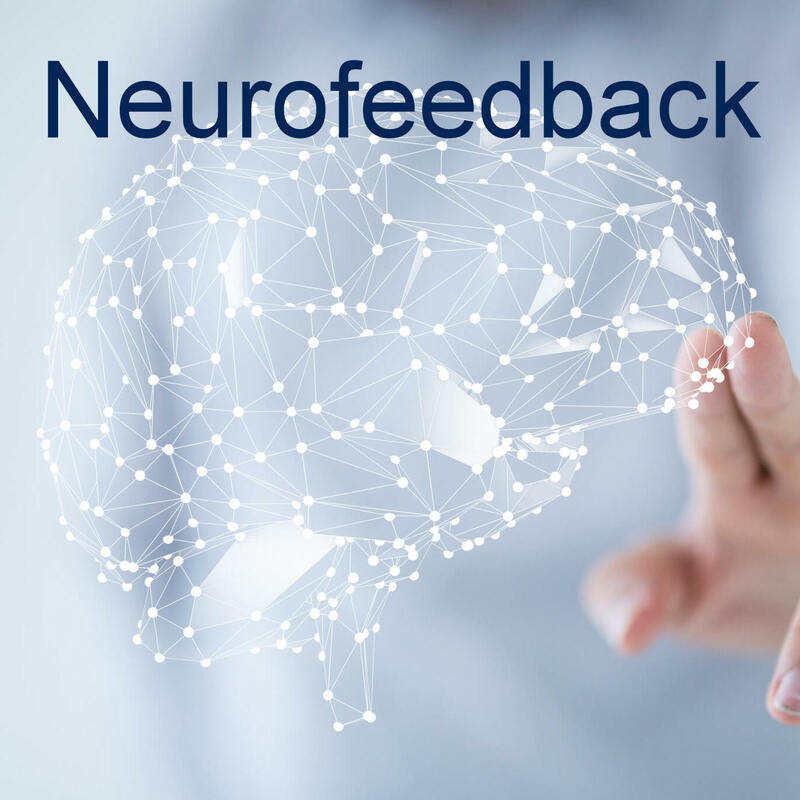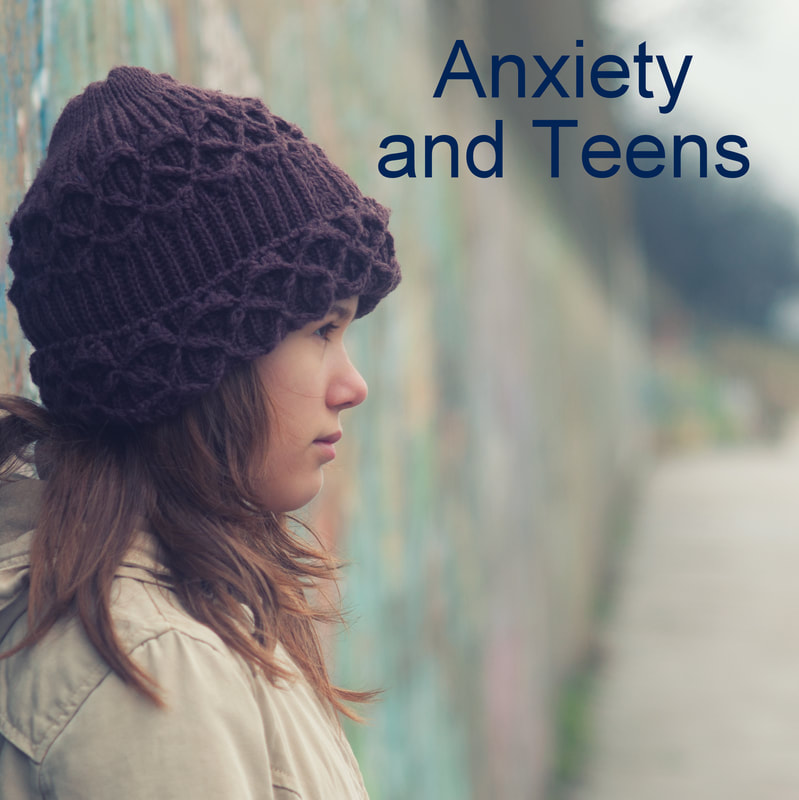|
by Marisa Columbi, MHC Intern If you find yourself asking this question, the answer more frequently than not is YES! The truth is everyone can benefit from therapy, but when is it time to seek professional help? Everyone experiences some kind of emotional distress or difficulty dealing with tough situations at some point in their life, and I can guarantee it won’t happen just once. Life throws obstacles at you at any age, whether it be work stress, problems with your relationships, loss, financial issues and so much more. In some cases, you can work through these difficulties without outside help, and at other times you may need a little support.
If you are experiencing one or more of the following criteria, you may want to consider reaching out to a therapist:
0 Comments
by Jayoti Chabra, LMSW Procrastination is the action of delaying or postponing something.
This issue can be linked to depression, anxiety, low self-esteem, and poor study habits. Procrastination is connected to negative functioning and risks to mental health. People who procrastinate tend to have high levels of anxiety as well as poor impulse control. Procrastination is even linked to physical illness. Triggers for procrastinators:
by Linda Montalbano, LPMHC  Have you ever experienced a panic attack? Heart pounding…thoughts racing…stomach rolling…palms sweating…ears ringing…Maybe you have experienced all these symptoms, or for you, symptoms look differently. No matter the symptoms, it can be terrifying. Some people feel as though they may be having a heart attack. Others describe panic attacks as a sense of dread. It is frustrating; it is scary. However, panic attacks can be managed successfully! It is helpful to understand what triggers panic attacks. Common causes of anxiety include: Work/school pressures Stories in the news Family issues: a sick loved one, a death Relationship issues Peer pressures Social media Changes/life transitions The pandemic Trauma Learned behaviors: mimicking others who experience panic attacks. Once we recognize what could be causing or triggering the panic attacks, it is easier to understand why they occur. Working on or through the triggers can help reduce the onset and severity of panic attacks. But there are some useful tips to reduce the symptoms of panic attacks. by Melissa Marconi, LMSW What is Reassurance Seeking? We all have days in our lives when we need extra support. Our loved ones can lift us up when we need encouragement or provide feedback when we are working through a problem. Sometimes just the sound of someone’s voice can give us comfort. Social connection is invaluable and is linked to lowered depression and anxiety symptoms and improved overall health and well-being.
However, sometimes we start to rely on these loved ones (safety persons) and this can lead to problems. Though we may find short term relief, it actually increases our need for more reassurance. Not only will by Jayoti Chabra, LMSW Being overwhelmed can be triggered through many aspects of your life. Work, family, friends, school and other mental, physical or emotional factors play a role. These experiences individually may not amount to much, but the sum can be greater than the individual parts. If we don’t have the appropriate coping mechanisms, there can be an avalanche type of effect. In order to avoid this, there are many tips and tricks that can be used to help manage and cope with the stress in a healthy manner.
Some of these techniques include the following: With Links to Get Started by Melissa Marconi, LMSW Meditation is a great tool to add to your wellness routine as it can give you a sense of calm, peace, and balance. It can benefit both your emotional well-being and your physical health. Meditation can help you learn to stay centered and keep inner peace.
The real reason why social media might be making you feel bad by Victoria Pitz, LPMHC Cognitive dissonance is the feeling of discomfort one feels when your thoughts or feelings about ourselves do not align with our actions.
Social media tends to exacerbate this phenomenon at an overwhelming rate. It perpetuates the feelings of “should”. I should be having more fun, I should be doing what they’re doing, I shouldn’t be feeling the way that I feel…It can be difficult to recognize the direct damage social media does to your self-esteem because it has become so ingrained in our daily lives. So how might social media trigger cognitive dissonance? Perhaps you are not feeling your best lately. Things just don’t seem to be going your way; maybe you experienced something that shook you up. Life just feels awful and overwhelming right now.You scroll through social media when you're bored. Half the time you don’t even realize how long you’ve been scrolling for. But your brain is taking note: "Wow. So-and-so went to Paris; why can’t I do that?" "Look, this person got their dream job, but I’m still stuck in one that I hate." "How nice, this person goes out every weekend and has a blast, here I am, feeling like cr*p." By Sharon Grand, Ph.D. If the holidays are over and you are wondering how you will pay your rent or mortgage over the next few months, or staring at your credit card bill with a sinking feeling in your heart, it’s important to know that you are not alone! Money blues after the holidays is an experience shared by many, especially here on Long Island where the cost of living is significantly more than the national average.
Often after overspending for the holiday, we blame ourselves for being irresponsible. We may hold resentment towards our spouse for their choices, or our wealthier family members for not understanding. There are moments where we may become overwhelmed with feelings of shame, anger, and stress. Olivia Mellan, the author of the book “Money Harmony: Resolving Money Conflicts in Your Life and Relationships” notes in a 1994 article that “It is important for people not to beat themselves up for having screwed up again. It won’t help you change and it won’t pay the bills. The important thing is to forgive yourself and take action.” By Melissa Laks, LMSW Grounding is an effective way to calm anxiety symptoms. It is a self-soothing tool that you can use when you are having a bad day or dealing with a lot of stress and anxiety. The purpose of grounding techniques allows you to step away from negative thoughts, worries, and feelings and helps keep you in the present and focus on what is going on in the here-and-now. By focusing on the present surroundings, you can become more aware of your safe surroundings and start to feel calmer.
In this first grounding process, you identify objects around you to help your brain recognize where you are and that you are in a safe space.
Video Blog by Victoria Pitz, LPMHC
Learn more about Victoria or make an appointment with her here |
Archives
October 2023
Categories
All
|

























